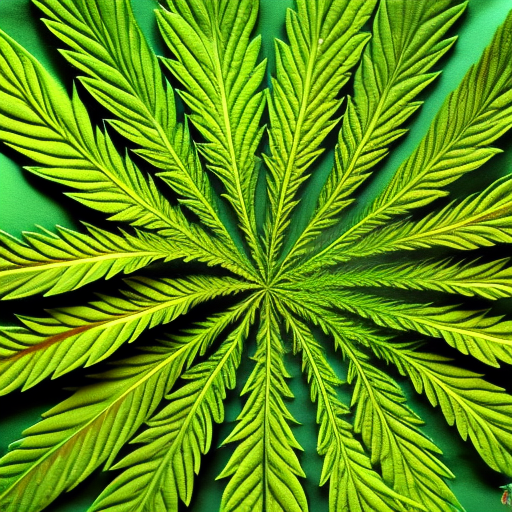
Yo what’s good, it’s your boy Dan and I’m here to talk about one of the most important things in life: sleep. We all need those Z’s, but sometimes it can be hard to get a good night’s rest. That’s where cannabis comes in. I know what you’re thinking, “Weed makes you sleepy, duh!” But there’s more to it than that. Let’s break it down.
First off, not all strains are created equal when it comes to promoting sleep. You might have heard about indica vs sativa, but turns out that doesn’t really matter. What does matter is the specific cannabinoids and terpenes in each strain. Researchers at the University of New Mexico found that strains with more CBD were associated with better sleep. But THC, the compound that gets you high, also plays a role in promoting sleep readiness. A study found that even people who didn’t have trouble sleeping fell asleep faster with cannabis.
But it’s not just about falling asleep quickly. We want good quality sleep too, right? That’s where things get a little more complicated. THC has sedative effects and can shorten how long it takes to fall asleep, but it can also impair sleep quality long-term. Plus, if you take too much THC you might end up feeling paranoid or restless instead of sleepy.
That’s where CBD comes in. It doesn’t have as direct of an impact on sleep quality as THC, but it can still help indirectly by reducing anxiety and pain that might be keeping you awake. And when THC and CBD are used together in the right ratio, they can enhance each other’s sleep-promoting effects while reducing the psychoactive side effects of THC.
But wait, there’s more! There are other compounds in cannabis that might promote sleep too. Cannabinol (CBN) is a minor cannabinoid that has relaxation-inducing effects without being intoxicating like THC. And certain terpenes like myrcene, terpineol, linalool, and caryophyllene also have mild soporific properties.
Now here’s where things get a little tricky. While cannabis might help you fall asleep in the short-term, heavy long-term use could actually lead to poorer sleep quality overall. And if you decide to stop using cannabis after using it regularly for a while, you might experience sleep disruption as your body adjusts.
So what’s the verdict? Cannabis could be a natural alternative to pharmaceutical sleep aids for some people with certain sleep-related issues. But we need more research before we can say for sure how effective it is and how safe it is to use over the long-term.
At the end of the day, if you want to use cannabis to promote sleep readiness, look for strains with relaxing terpenes and a balanced THC:CBD ratio. And don’t forget that other natural sleep aids like diet and exercise can enhance or even substitute for the benefits of cannabis.
Stay safe out there and happy sleeping!


Man sometimes it be like weed help you sleep, but other times it keep you up thinkin too much. Gotta find that balance ya feel me.